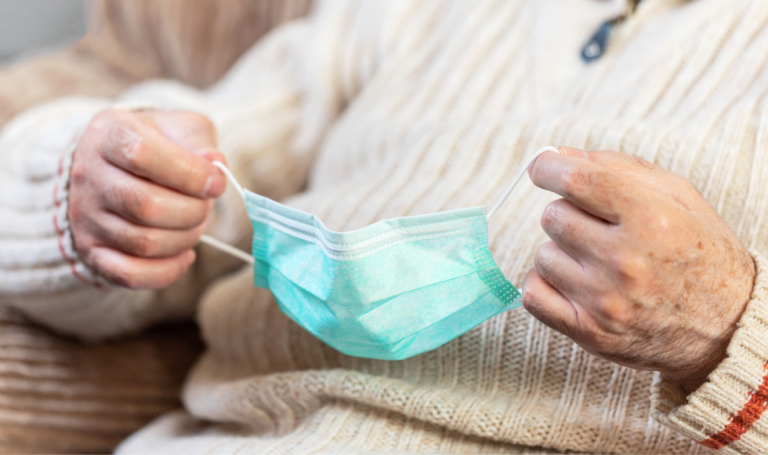So much for the claim that hydroxychloroquine, a drug best known as an antimalarial, was an effective treatment for COVID
Second Most-Cited Paper To Ever Be Withdrawn Finally Retracted After 4-Year Controversy
The paper had been cited nearly 3,200 times.
Laura Simmons
A controversial 2020 study that claimed the malaria drug hydroxychloroquine showed promise for treating COVID-19 has been retracted, after sparking widespread criticism from scientists ever since its publication.
The study was originally published online in the
International Journal of Antimicrobial Agents on March 20, 2020. With a small sample size of just 36 total participants, the trial had involved treating 20 COVID-19 patients with 600 milligrams of hydroxychloroquine, a drug best known as an antimalarial. Some of the patients were also given the antibiotic azithromycin.
Based on the results, the authors concluded that hydroxychloroquine was “significantly associated with viral load reduction/disappearance in COVID-19 patients” and that this positive effect was improved further by adding azithromycin into the mix.
Think back to March 2020. COVID-19 had only been officially declared a pandemic towards the start of that month. Travel restrictions, social distancing orders, and lockdowns were only just beginning in most places, and there was still a huge amount that scientists and the general public alike did not know about this new disease.
Against that backdrop, this study emerged, claiming that a cheap and readily available drug might be one of the answers people had been desperately searching for. Almost immediately, the
hype around hydroxychloroquine took off, including from then (and soon-to-be) US
President Donald Trump.
However, almost as quickly, scientific criticism of the study also began rolling in.
The small sample size was an immediate red flag for many, as was the strikingly fast turnaround from submission of the initial manuscript to online publication – with a submission date of March 16, it appeared that the entire publication process must have been completed within just four days, which anyone who’s ever tried to get a paper published will struggle to believe.
Prominent microbiologist and science integrity advocate Elisabeth Bik was quick to lay out concerns about ....
CONTINUED

 brighterworld.mcmaster.ca
brighterworld.mcmaster.ca

 brighterworld.mcmaster.ca
brighterworld.mcmaster.ca






